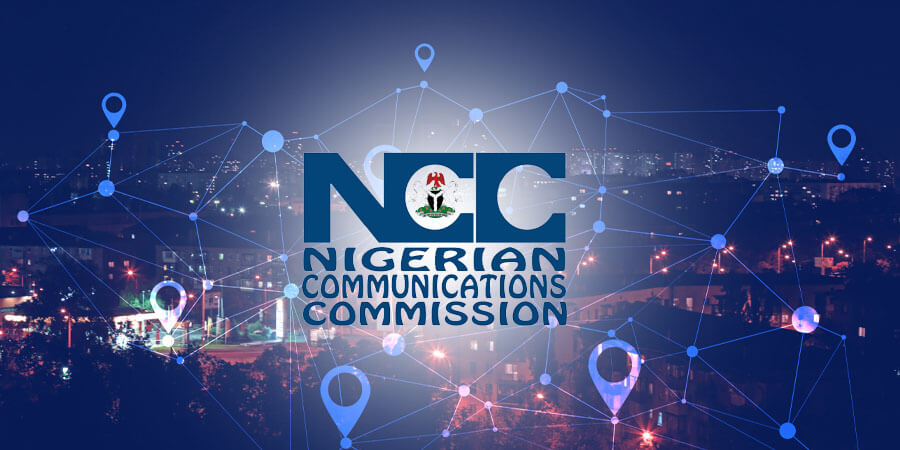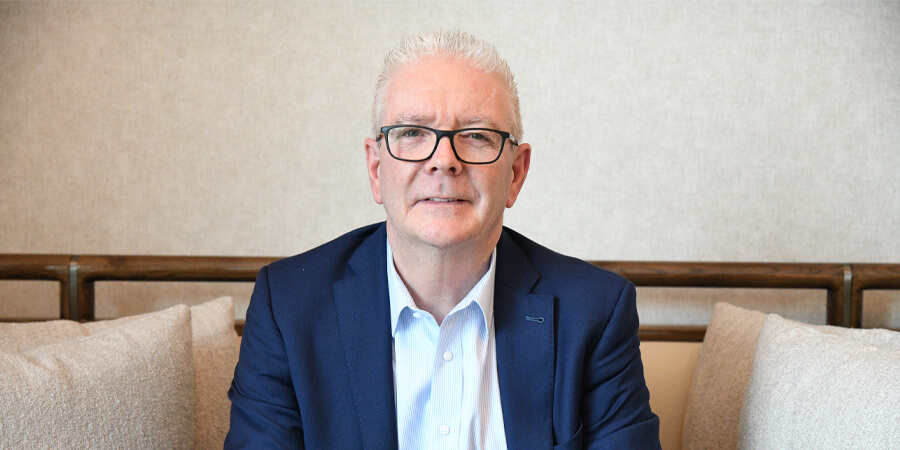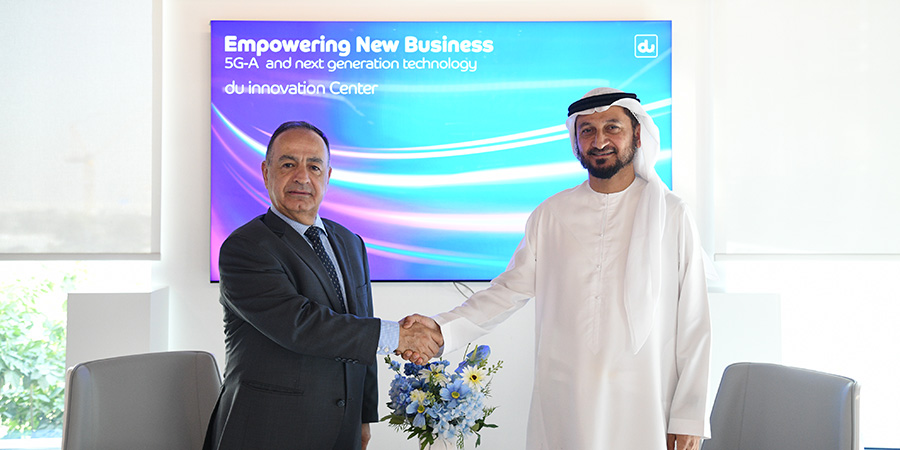The “free roaming” project has finally started between the G5 Sahel countries. It is a process of removing telecom roaming charges between the G5 Sahel countries: Niger, Mali, Burkina Faso, Mauritania and Chad. The permanent secretariat of this regional cooperation and development body has adopted a roadmap for 2019, which will be presented to the various Heads of State.
According to Tontama Charles Millogo, the Director General of the Regulatory Agency for Electronic Communications and Posts (Arcep) in Burkina Faso, the standardization of telecom tariffs between the five countries will result in a greater integration of populations, encourage intelligence between countries and effectively fight terrorism.
However, several telecom operators are against the removal of roaming charges fearing that it will contribute to the decline in revenue earned through roaming. However, Mikailou Sidibé, G5 Sahel's infrastructure expert, explained that with “free roaming”, “everyone wins because you have a parallel increase in telecom traffic on an international scale that will offset, in short term, the losses or apprehensions that people had at the beginning.”
Indeed, G5 Sahel is not the first group of African countries that have made the decision to remove telecom roaming charges among its members. On the one hand, part of the Community of East African States (ECA), led by Kenya, has been applying it since 2015. On the other hand, a part of the Economic Community of African States of the West (ECOWAS), led by Senegal, has already started this process since March 30, 2017. As for the member countries of the Southern African Development Community (SADC), they’re still preparing the legal procedures required to begin with the free-roaming by 2019.
Regarding the countries of Central Africa, a project called "One Area Network" of the Alliance Smart Africa organization is getting prepared and these countries intend to benefit from it. It is noteworthy that this organization promotes technological development and cooperation on the continent and most countries are members of it in order to help solving the problem of telecom roaming.










































